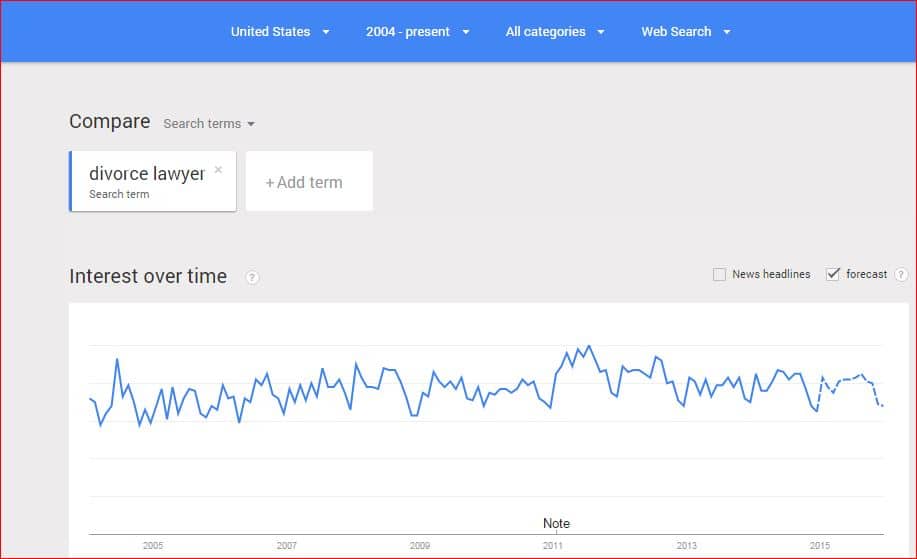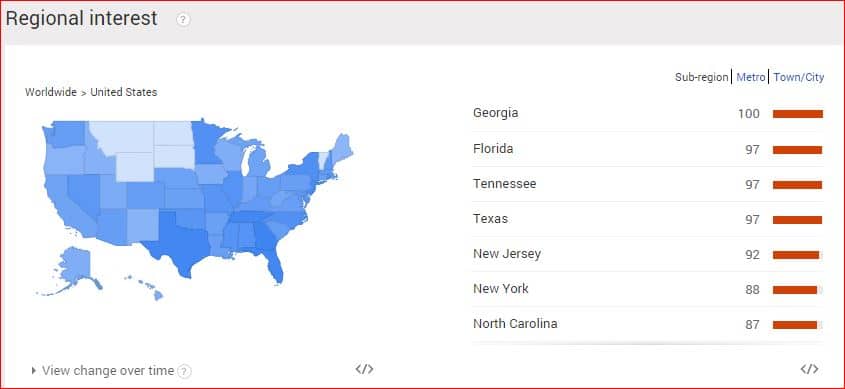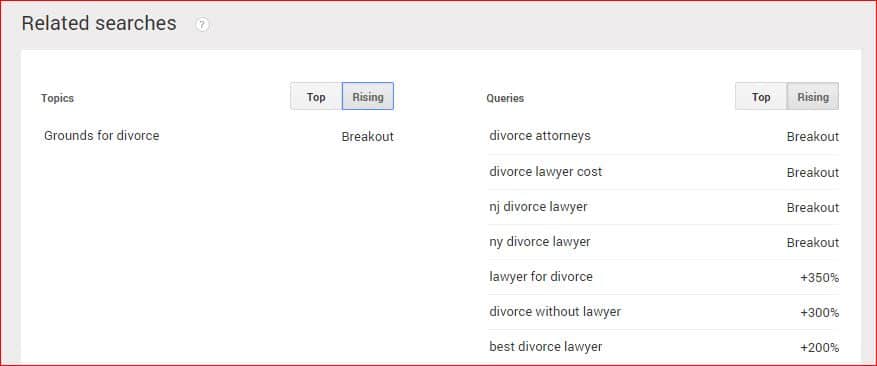How To Do Keyword Research In 3 Steps
Most web owners aren't sure how to do keyword research. I'm going to go over the basics to get you jump started right away!
But first, why bother doing keyword research? Isn't it enough to use the most common words and terms your target audience is using? Why not simply use the most popular ones you can think of?
You want to bother doing keyword research because if you try to optimize your content for common, short phrases like "car insurance," "divorce lawyer," or even "residential plumbing," you're going to discover that those phrases are what I like to call saturated - while they generate thousands of searches per month by users in search engines, the number of web pages using those kind of phrases numbers in the MILLIONS.
You probably don't have enough years left to live or money to spend to rank high for those phrases. Plus, they are usually highjacked by the regional or national chain brands, and you're going to need a lot, a lot, a lot of money to overcome them.
The good news is, you don't have to try to compete for those phrases, nor do you need to spend butt loads of money to rank for other phrases. What you really need to invest is some time and energy with a couple tools I'm going to show you.
For the first step, let's start with the basic task: gathering the "root," or basic words and phrases to start your research with. Every business has some basic, industry-specific words and phrases that are used all the time. Make a list of those. How can you find them? Here's a few ways:
- Your sales staff - ask them which words and phrases they hear all the time
- Industry blogs and articles - take note of the technical, industry-specific jargon
- Your prospects and customers - pay attention to the language they use when asking about your products and services
- Google Analytics - you can find the phrases your pages showed up for in search results
- Google Search Console - you'll see even more phrases your pages made an impression in the search results
How To Do Keyword Research Using Tools
Now that you have that list,let's go to the second step. You can use a free keyword research tool called Google Trends. It's really great, because you can use it for finding keywords that are used in countries, states or metropolitan areas. It also shows you past performance during specified time frames. You can add multiple keywords to compare their performance. Let's take a look at some screen shots:
Notice the graph above. When you run your cursor over it, you'll see a month and a number highlighted. The number is from 0 - 100; the higher the number, the more often the phrase was plugged into the search bar. If you click on the forecast button in the upper right, the wavy line at the far right of the graph is Google's attempt to tell you how the phrase may perform in the future.
Here's specific geographical data listed above the same keyword phrase.
Here are the related phrases to consider and associated queries for the tab marked "Top."
Now here's the data for the "Rising" tab.
Here's a quick look at an associated phrase to compare with "divorce attorney":
You can see how this free tool is useful. Now, for the third step, let's quickly look at a paid tool you can use in a free 7-day trial - Wordtracker. By paying for this tool, you get specific data to help you figure out if the phrase you like is easier or harder to get SEO gains for.
As you can see, there are four numbers to consider:
- Volume - the approximate number of times in the last full calendar month that phrase was typed into Google.
- Competition - a number from 0 - 100, the higher the number, the more competitive the phrase is, and the harder it is for one of your pages to rank well for.
- IAAT (In Anchor And Title) - the number of pages that are using that phrase in anchor text or the meta title tag.
- KEI (Keyword Effectiveness Index) - a numerical index derived from the other numbers that gives you an idea of how hard or easy the phrase would be to rank for. It's opposite of the Competition number - the higher the KEI, the better the phrase is for your SEO plans.
I like to use both of these tools in combination to develop a list of phrases to use for web pages, blog posts, videos, webinars and podcasts. Doing keyword research is a great way to develop your editorial calendar for your content marketing strategy.
Here are other ideas for getting topics of interest for writing blog posts and web pages.
Want learn more about keyword research and content marketing? Consider signing up for one of our SEO training courses - have a look at them here. We also offer SEO training online if you'd prefer to learn it on your own schedule.
Until next time, keep it safely between the ditches!
All the very best to you,








